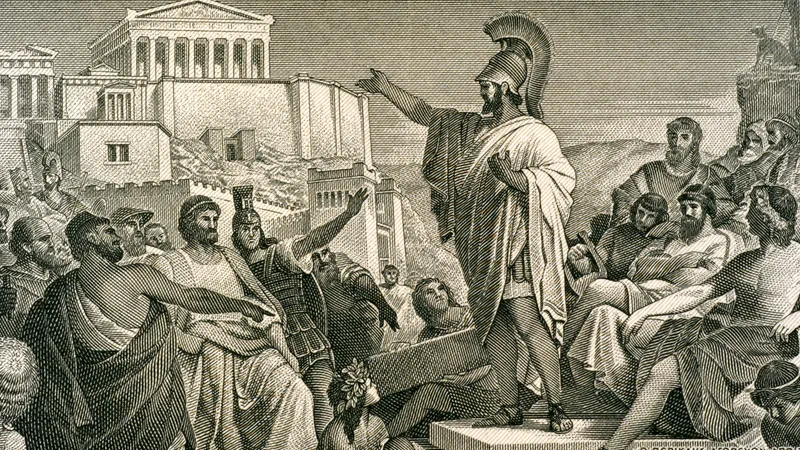Democracy in America has Already Been Hollowed Out

With the recent attempted assassination of Donald Trump, America has taken another step towards a very dark and uncertain future. Both the current President, Joe Biden, and Donald Trump have used fiery rhetoric and called this the most important election of our lifetimes. Both men have told their supporters that if they don’t win, then democracy is finished.
I would argue though that democracy, at least for presidential elections, is already hollow.
The main function that democracy serves in a liberal society is to facilitate a peaceful transition of power. In it’s imperial age, Rome was more devastated by its frequent civil wars than the barbarian invasions it suffered; and England was able to become the dominant European superpower once it enjoyed centuries of inner peace after establishing a democracy. In sharp contrast, France lost much of its vigor due to the French Revolution that occurred because it lacked democracy.
It’s clear that ever since Donald Trump was first elected to be President in 2016, the transition of power has been anything but smooth. Almost immediately after he won, his critics began to suggest that Russia interfered with the election and that his win was illegitimate.
During the next presidential election in 2020, the outcome was again called into question as Trump routinely asserted that massive voter fraud took place, and it all culminated in the now infamous January 6th incident which some have described as an insurrection. If both the main political parties start to question the integrity of the election, it becomes increasingly difficult to maintain the peace.
Even with this recent assassination attempt the two parties failed to reach a consensus. Some polls assert that one third of Biden supports believe Trump staged the assassination attempt in order to gain more support. Meanwhile, in the Republican camp there are many who say that the “deep state” is responsible and that they deliberately allowed the shooter easy access to the roof from which he took his shots.
In situations like this, the truth of these narratives is often inconsequential; the important fact is that many believe them. When such opposing opinions collide, it’s hard to imagine a scenario for peaceful cooperation. Which ever side loses is unlikely to take it well, and with that democracy fails in its primary function.
The issue is that for too long both parties have participated in increasing the size of the State which is antithesis to liberal values. When this occurs it becomes crucial to gain control of the State otherwise it’s the losers that suffer. Mises lamented that too many legislators saw their democratic power as an unlimited expression of the volenté généralé (general will). This attitude ensures that democracies function akin to autocracies with unlimited power. To Mises, only through “the framework of Liberalism does democracy fulfill a social function.” This is where America seems to have erred; once it started to lose its liberal values, democracy became hollow.
It seems unlikely that America will suddenly embrace an ethos of Liberalism; therefore, a peaceful future seems dubious. The best path forward to me is what some have termed a national divorce. Acknowledge that the country is deeply divided, and that it’s unfair to force your views on half the country merely because your side won an election. The best solution is to allow certain states to secede from the Union and manage their own affairs. This would increase the likelihood that voters take part in a system with others that more closely share their views. If there is less to fight about this increases the prospect for a peaceful future.